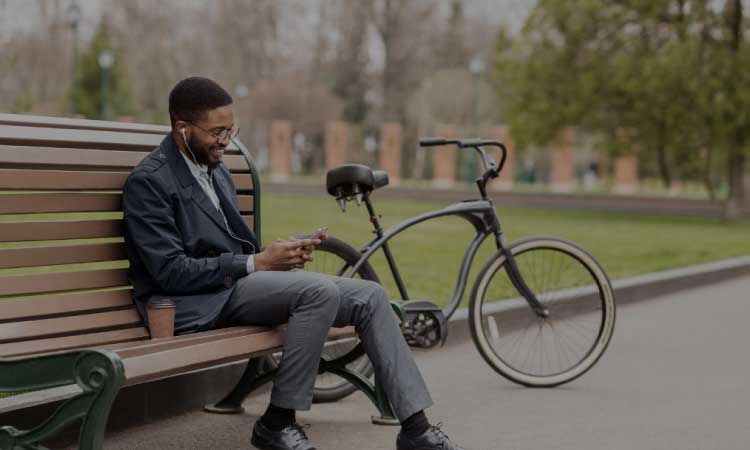Mobile Learning Makes Kids Better Behaved
The Guardian.co.uk recently posted an interesting article called “Mobile learning for schools: a class without walls“.
The article focuses on a Sheffield (UK) secondary school who, in line with the UK Government’s Manifesto for Learning Outside the Classroom (instigated three years ago), have made significant changes to the way their school runs. They have modified the curriculum to be less rigid and topic-led, assigned one teacher per class to instruct the majority of topics and they encourage learning outside of the classroom in new environments with new technology. In terms of new technology they have integrated ICTs (Information and Communication Technologies) and mobile learning devices for when the students are out and about.
The results are surprisingly positive, and not just in terms of the actual learning improvements but in the knock-on effect the new curriculum has had on the students themselves. The article quotes that 4 years earlier the school had experienced 77 student suspensions due to disruptive and undisciplined behavior. This year the number had reduced to just a handful.
Students also commented that they really enjoy coming to school to use the new technology. They say it makes learning fun because they can really relate to the technology. Teachers were impressed with how quickly students learned to use new software, how much they enjoyed it and the level to which some students excelled.
Although all the comments and stats from this article are nothing but impressive, there’s always a nagging thought in the back of my mind that makes me wonder what the next generations might miss out on with such a reliance on technology. While using computers and mobile devices to manipulate photos, present information, conduct research, play games and navigate through life is cool, I still hope they’ll get a taste of what it’s like to search the shelves of a big old library for a hard-to-find book and learn the art of snapping (and developing) a photo that can’t be altered, with a manual focus camera. But I guess at the end of the day, it’s not a bad thing if those things become more of a parental responsibility to teach….So long as we do actually take the time to teach them.





